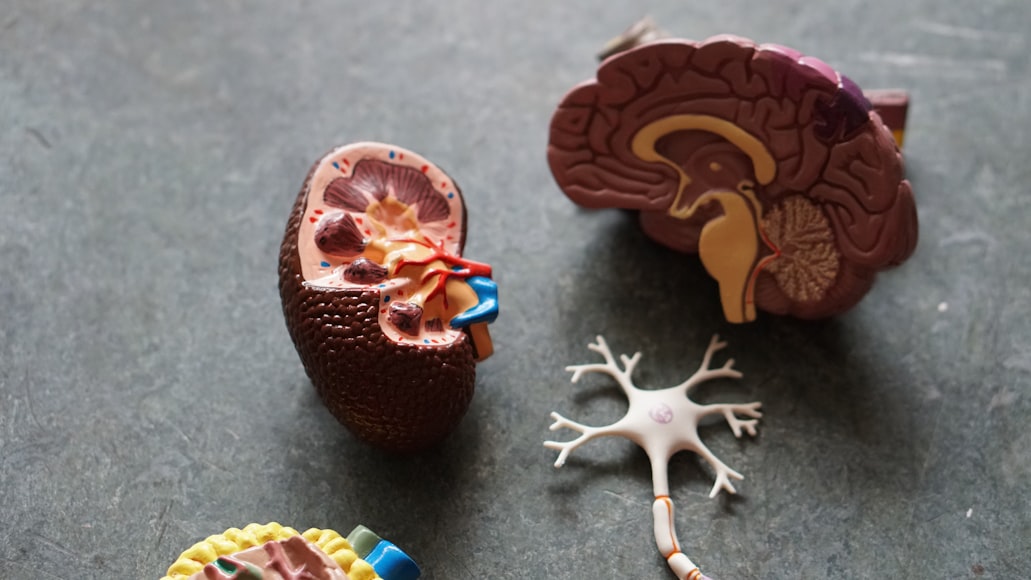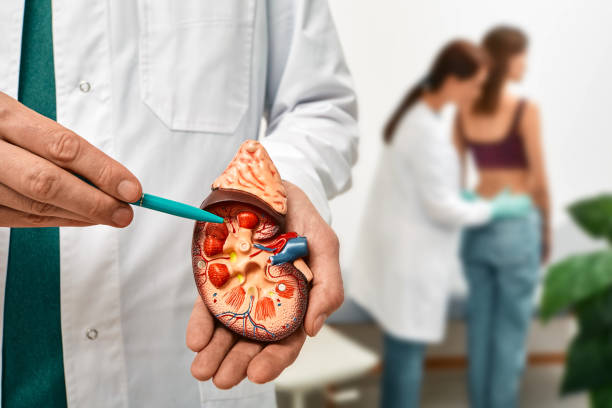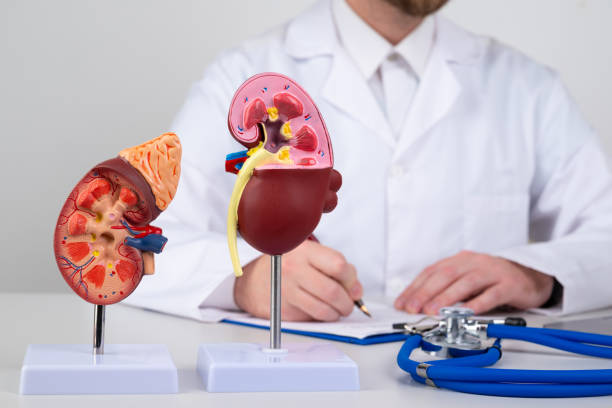The kidneys are vital organs in the human body that play a crucial role in filtering waste and excess fluids from the bloodstream. They are also responsible for regulating the balance of minerals and electrolytes in the body, producing hormones that regulate blood pressure, and producing red blood cells. However, many people are not aware of the daily habits that can harm these important organs. Here are 10 daily habits that can put your kidneys at risk and harm your overall health.
Dehydration:

Not drinking enough water can put a strain on your kidneys and increase the risk of kidney stones and infections. The kidneys need an adequate amount of water to function properly, so it is important to stay hydrated by drinking at least 8 glasses of water per day.
Consuming too much salt:
Excessive salt intake can lead to high blood pressure, which is a leading cause of kidney disease. The kidneys need to work harder to filter excess salt from the bloodstream, which can damage the delicate blood vessels in the kidneys over time. Try to limit your salt intake to no more than 2,300 milligrams per day.
Smoking:

Smoking is harmful to many parts of your body, including your kidneys. The chemicals in tobacco smoke can cause damage to the blood vessels in your kidneys, leading to decreased function. Smoking can also increase the risk of high blood pressure and kidney disease.
Consuming too much sugar:
Excessive sugar consumption can lead to high blood sugar levels, which can cause damage to the kidneys over time. High blood sugar levels can cause the blood vessels in the kidneys to become narrow and less efficient, leading to decreased kidney function. Try to limit your sugar intake and opt for healthier sugar alternatives.
Lack of exercise:

Regular exercise is important for maintaining good health, including the health of your kidneys. A sedentary lifestyle can increase the risk of high blood pressure, obesity, and other conditions that can harm your kidneys. Exercise can help to regulate blood pressure, maintain a healthy weight, and improve overall kidney function.
Overuse of over-the-counter pain medications:
Overusing pain medications like ibuprofen and naproxen can lead to kidney damage over time. These medications can cause inflammation in the kidneys and increase the risk of kidney disease. It is important to use these medications only as directed and to avoid overuse.
Eating a high-protein diet:

Consuming large amounts of protein can put a strain on your kidneys and lead to kidney damage. The kidneys need to work harder to filter excess protein from the bloodstream, which can damage the delicate blood vessels in the kidneys over time. It is important to maintain a balanced diet that includes a moderate amount of protein.
Not getting enough sleep:
Lack of sleep can increase the risk of high blood pressure and other conditions that can harm your kidneys. Sleep deprivation can also increase stress and inflammation, which can damage the kidneys over time. Aim for at least 7 hours of sleep each night.
Consuming too much alcohol:

Excessive alcohol consumption can lead to liver damage, which in turn can harm your kidneys. Alcohol can cause inflammation in the liver, leading to decreased liver function and increased risk of liver disease. It can also increase the risk of high blood pressure and other conditions that can harm your kidneys. It is important to limit your alcohol intake and to avoid binge drinking.
Ignoring warning signs:
If you experience symptoms such as frequent urination, blood in your urine, or lower back pain, it is important to seek medical attention right away. These symptoms can be signs of a serious health problem, including kidney disease
In conclusion, the kidneys play a crucial role in maintaining good health and it is important to be mindful of the daily habits that can harm them. By staying hydrated, limiting salt and sugar intake, exercising regularly, avoiding overuse of over-the-counter pain medications, eating a balanced diet, getting enough sleep, limiting alcohol consumption, and seeking medical attention if you experience warning signs, you can help to protect your kidneys and maintain good health.
It is also important to have regular check-ups with your doctor to monitor your kidney function and detect any potential problems early on. This can help to prevent or manage kidney disease and ensure that your kidneys are functioning properly. By taking care of your kidneys, you can improve your overall health and wellbeing.

